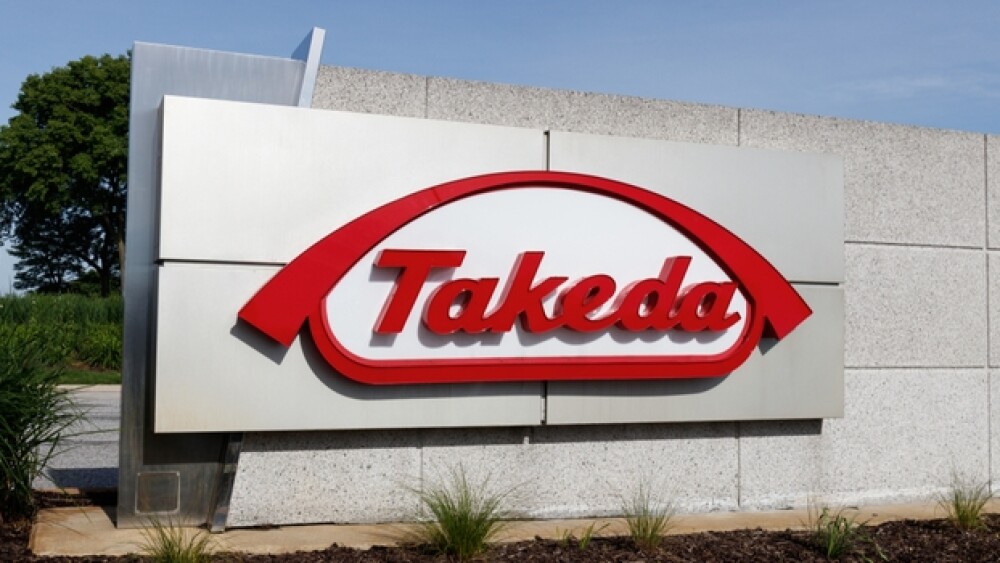Takeda’s non-small cell lung cancer treatment Mobocertinib is leading closer to regulatory approval after the U.S. Food and Drug Administration granted priority review to the New Drug Application.
Mobocertinib gets priority review status. (Takeda_Jonathan Weiss)
Takeda’s non-small cell lung cancer (NSCLC) treatment Mobocertinib (TAK-788) is leading closer to regulatory approval after the U.S. Food and Drug Administration granted priority review to the New Drug Application.
The FDA assigned a Prescription Drug User Fee Act (PDUFA) action date for Oct. 26. Mobocertinib is being developed as a treatment for EGFR Exon20 Insertion+ metastatic NSCLC in patients who have received prior platinum-based chemotherapy. Mobocertinib is the first oral therapy specifically designed to selectively target EGFR Exon20 insertion mutations.
Christopher Arendt, head of Takeda’s Oncology Therapeutic Unit, said patients with EGFR Exon20 insertion+ mNSCLC face considerable challenges due to limitations of currently available treatments. Available treatments provide limited benefits, which results in poor survival outcomes, he said.
“We are excited to be one step closer to offering mobocertinib as an effective oral therapy for NSCLC patients with EGFR Exon20 insertions that have received prior platinum-based chemotherapy and look forward to continuing conversations with regulatory agencies in the U.S. and around the globe,” Arendt said in a statement.
Mobocertinib is an investigational, first-in-class, oral tyrosine kinase inhibitor (TKI) particularly created to selectively target epidermal growth factor receptor (EGFR) Exon20 insertion mutations. The asset has been granted Orphan Drug Designation from the FDA for the treatment of lung cancer with HER2 mutations or EGFR mutations, including Exon20 insertion mutations. More recently, mobocertinib received Breakthrough Therapy Designation from the FDA for patients with EGFR Exon20 insertion+ metastatic non-small cell lung cancer.
Non-small cell lung cancer is the most common form of lung cancer. Patients with EGFR Exon20 insertion+ metastatic NSCLC make up approximately 1% to 2% of patients with NSCLC. This disease carries a worse diagnosis than other EGFR mutations because there are currently no FDA-approved therapies that target EGFR Exon20 insertions, and current EGFR TKIs and chemotherapy present low interest for these patients.
The Priority Review for the NDA is primarily based on data from a Phase I/II study that showed mobocertinib demonstrated clinically meaningful responses and a noteworthy duration of response in patients with EGFR Exon20 insertion+ mNSCLC who received prior platinum-based therapy. In the study, 114 patients with EGFR Exon20 insertion+ mNSCLC who received prior platinum-based therapy were treated with 160 mg of mobocertinib once per day.
The study, which was announced in January, shows a confirmed objective response rate of 35% per investigator and 28% compared to an independent review committee. Median progression-free survival was 7.3 months with a median duration of response of 17.5 months. The disease control rate was 78%.
The regulatory agency is conducting a review of the NDA under the auspices of Project Orbis, an initiative of the FDA Oncology Center of Excellence (OCE), which gives a framework for mutual submission and analysis of oncology products among international partners.





